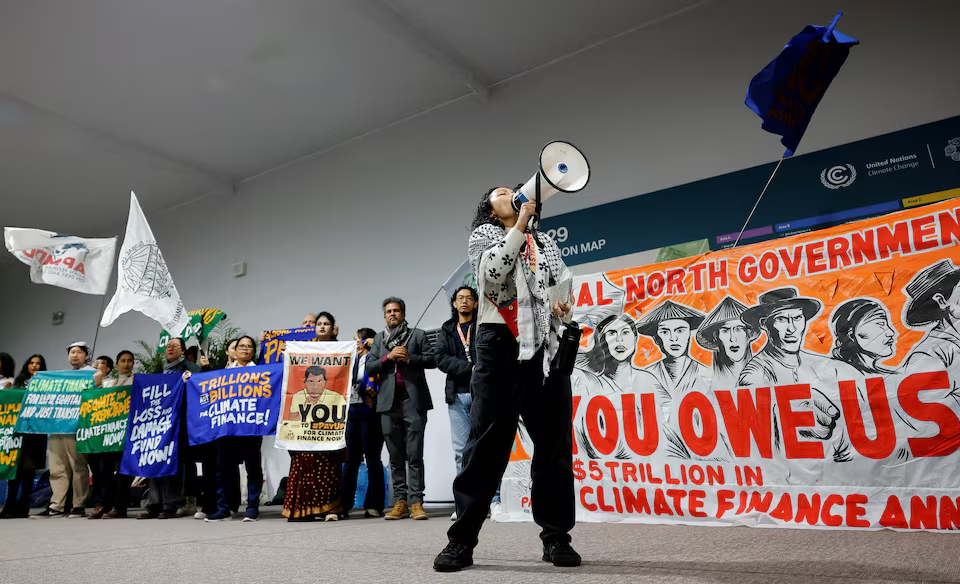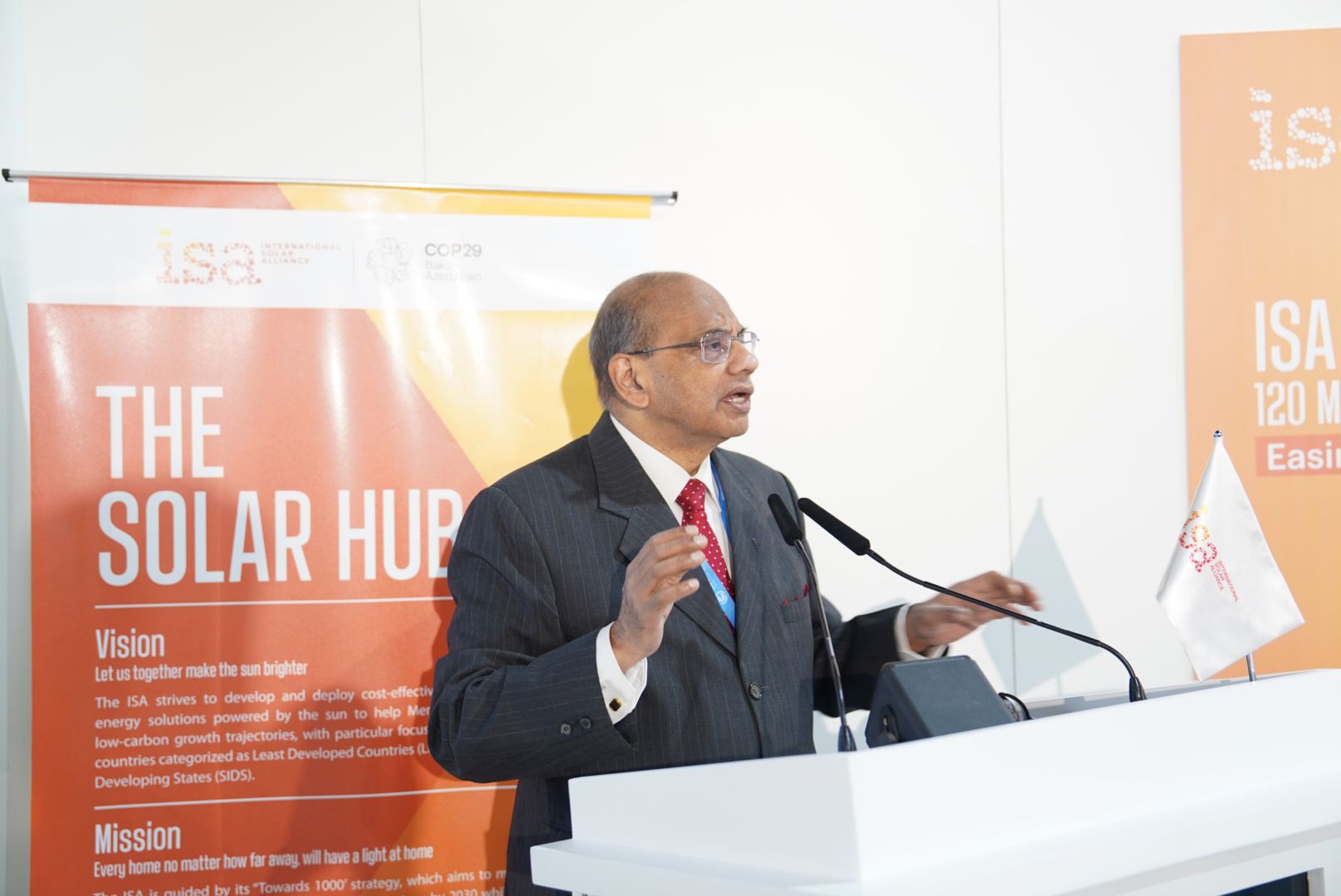As the COP29 climate summit approaches its conclusion, the Global Climate and Health Alliance (GCHA) has issued a scathing critique of wealthy nations for obstructing a critical climate finance deal.
The Alliance is demanding at least $1 trillion in annual grants-based finance to shield developing nations from the devastating health impacts of climate change.
The group accused countries, including the United States, Canada, Australia, Switzerland, France, Japan, and members of the European Union, of stalling negotiations over the “New Collective Quantified Goal” (NCQG).
This financial commitment, a pivotal agenda item at the so-called “Finance COP,” aims to support vulnerable nations in mitigating climate-induced crises and building resilient health and energy systems.
‘A Death Sentence for Millions’
Jess Beagley, Policy Lead at GCHA, emphasized the urgency of finalizing a robust climate finance agreement before the summit ends.
“Without adequate climate finance, climate action across sectors will not be viable, leading to catastrophic implications for human health,” Beagley said.
She warned that delaying or limiting funding could result in “a death sentence for millions.”
The GCHA insists that the NCQG must be predominantly grants-based, arguing that loans would deepen cycles of debt and poverty in developing countries already grappling with climate-related health emergencies.
Health and Climate Crisis Intertwined
Dr. Jeni Miller, Executive Director of GCHA, lambasted developed nations for deflecting their financial responsibilities under the Paris Agreement.
She singled out leaders, including Australia’s Climate Change Minister Chris Bowen and U.S. Climate Envoy John Podesta, for failing to demonstrate leadership.
“The climate crisis is also a health crisis,” Miller said, highlighting the escalating health challenges faced by vulnerable populations.
“A world wracked by debt, public protests over healthcare deficiencies, and climate-induced health emergencies is less stable for everyone, including wealthy nations.”
A recent UN report revealed that several Sub-Saharan African countries are spending more on debt repayments than on health and education.
Countries like Zimbabwe and Kenya are unable to address critical health issues, such as HIV/AIDS and malnutrition, due to mounting financial pressures.
The Cost of Inaction
The effects of climate change on health are already evident in Africa. Malawi recently faced a severe cholera outbreak, while Zambia saw over a million hectares of maize destroyed by drought, leaving six million people at risk of hunger.
Benson Simba, Director for Social Determinants of Health at Amref Health Africa, condemned the idea of more loans for climate finance.
“If COP29 agrees to climate finance that results in yet more loans, health systems in developing countries will continue to be decimated,” Simba said.
Call for Leadership
The GCHA has urged developed nations to take responsibility for their historic contributions to climate change and deliver grants-based financing.
The Alliance contends that such funding would not only address the immediate impacts of climate change but also foster global stability and cooperation.
“A robust climate finance deal is essential for the wellbeing of all communities worldwide,” said Dr. Sindra Sharma of the Pacific Islands Climate Action Network. “Without it, the health and livelihoods of billions will remain in peril.”
As negotiations continue, the GCHA and other stakeholders remain steadfast in their demand for wealthy nations to fulfill their climate finance obligations.
Failure to act decisively, they warn, will have dire consequences not just for developing nations, but for global health and security.
By Dare Akogun





